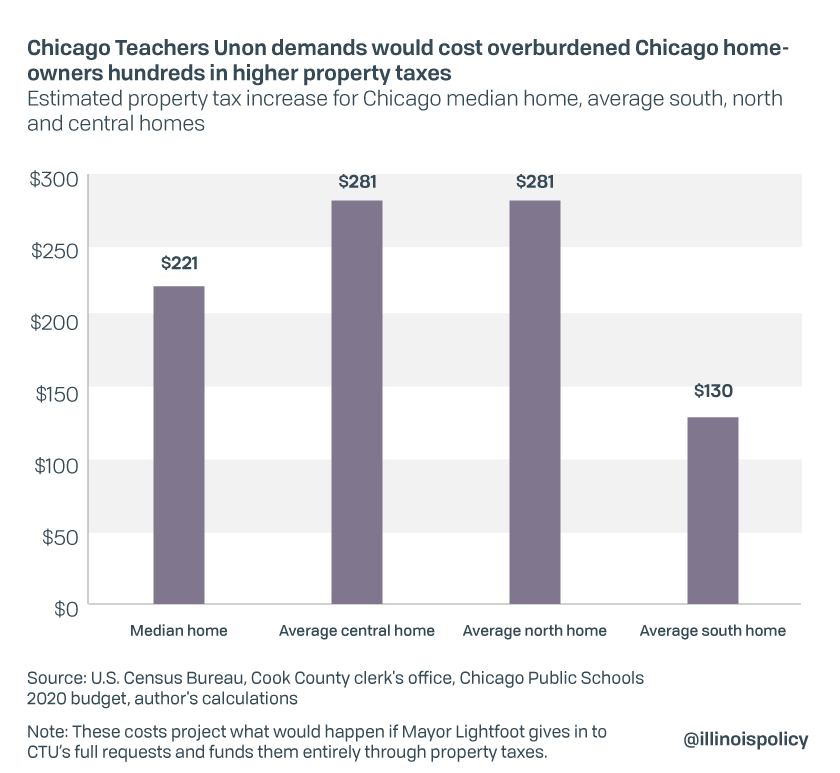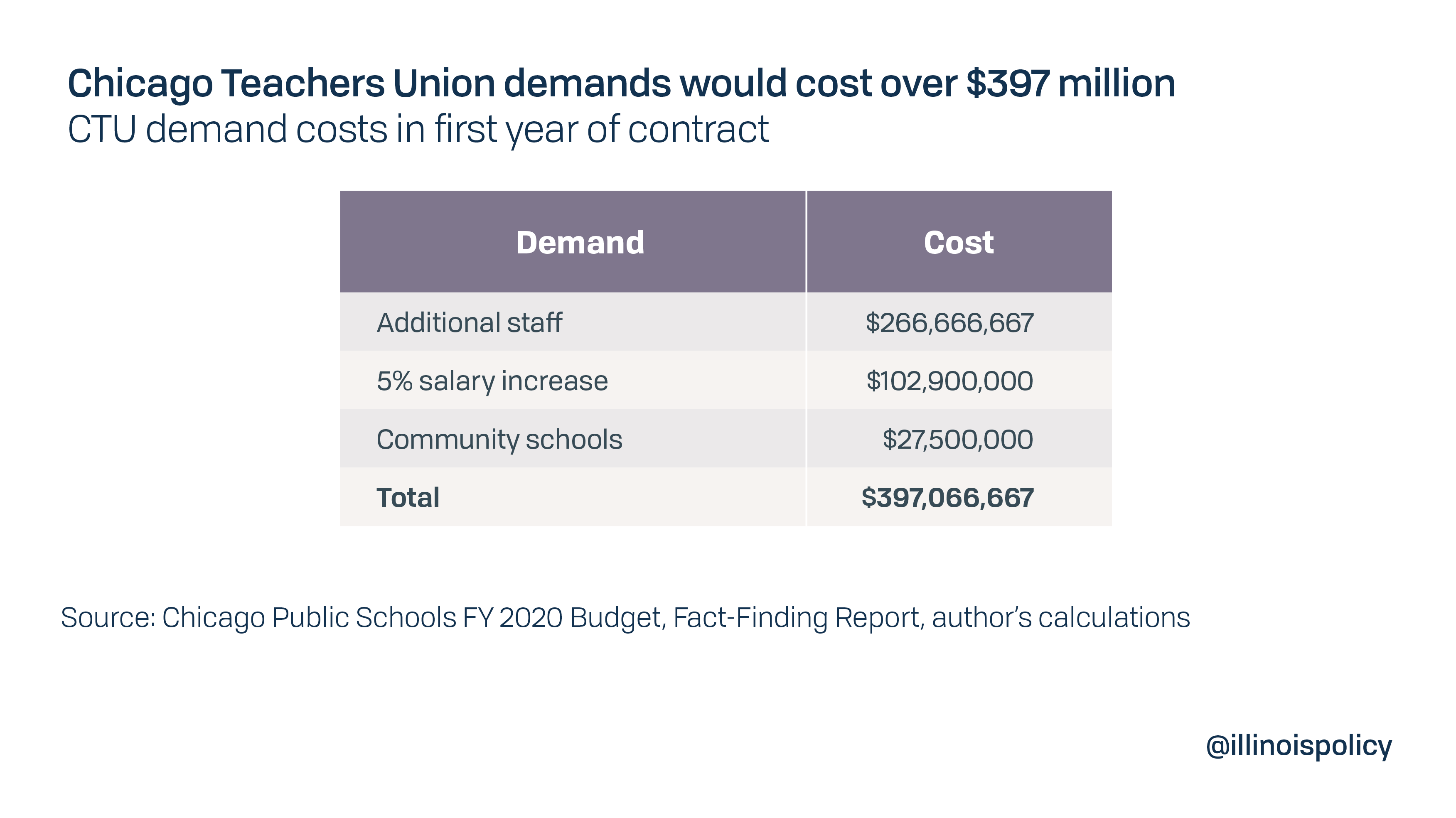Chicago Teachers Union on strike for third time in 7 years
After rejecting an offer based on recommendations of a neutral third-party report, Illinois’ largest teachers’ union walked out on their students Oct. 17.
The Chicago Teachers Union walked out on strike Oct. 17, but it isn’t just the students who will suffer the consequences. The strike is an effort to push through the union’s demand that Chicago taxpayers hand over more than $1.1 billion over three years.
To put that in perspective, Mayor Lori Lightfoot’s offer would have cost a Chicago family in a median-value home $13 if the entire cost of the first year of the contract went to property taxes. If CTU got its demands, that property tax bill would hike at least another $221.

The union and district together picked an independent fact-finder, who looked over both sides’ offers and finances and recommended 16% in raises over five years. Lightfoot agreed to accept the finding. CTU rejected it, and went back to reasserting their demands for 15% over three years and reductions in employee contributions to their health care plans. The union’s demands would increase average pay to $91,407 from $78,961 in just three years, even before accounting for automatic “step increases” based on years of service.
Salary demands and health insurance costs are typically part of contract negotiations. But CTU is also asking for more teachers and support staff, such as nurses and counselors, which are not traditionally terms of the contract. In total, CTU is demanding the district hire just under 4,025 new staff at a first year cost of $267 million and a 3-year cost of around $800 million. CTU also wants the school district to help new teachers buy homes and demands a moratorium on school closures for the next 10 years, regardless of whether the declining student population or economic factors require it. All together, these demands would cost taxpayers $397 million more just in the first year.

CTU’s strike is just the latest example of a union power play in Illinois. In this case, union leaders wielded that power to pressure teachers to walk out on vulnerable students over excessive demands that the district – and taxpayers – can’t afford.
